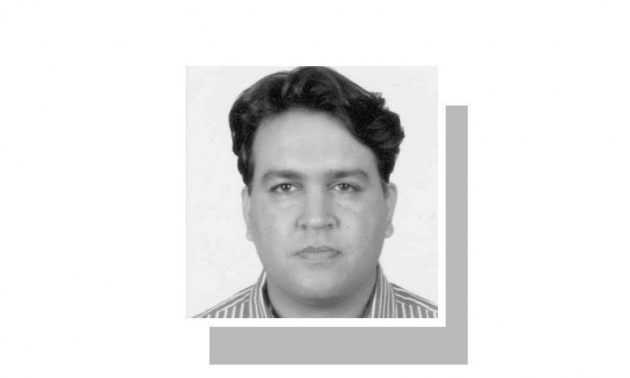
IT is commonly believed that human rights at one end, and repression and violence at the other are inherently incompatible. This presumed incompatibility has given rise to the ‘protecting liberty versus safeguarding security’ debate. The latter discussion has, in turn, translated into contemporary debates on civilian criminal courts versus military courts and the presumed innocence of accused persons versus the operations against militants in Karachi and Fata involving large-scale extrajudicial killings.
This debate has led to two ideological camps — the liberal human rights camp (eg HRCP), which believes that the enforcement of human rights will lead to a secure and strong state in the long run, and the state-centric camp (eg the military), which believes that safeguarding security, through a strong state, requires violent repression and the suspension of humanrights in the short run. But what both camps presume is incompatibility between human rights, and repression and violence.
However, what if the presumed incompatibility is a myth?
Historical twins: Why is it that the contemporary wars in Afghanistan, Iraq and Syria are all being fought in the name of human rights, ie both to protect the rights of the citizens of Western nations as well as citizens of those nations which are being bombed? Why is it that the ‘war on terror’, which is really about inflicting violence (ie war) in order to prevent violence (ie terrorism), is also primarily fought in the name of human rights? Is this mere Western hypocrisy, or is there a connection between human rights and violence?



